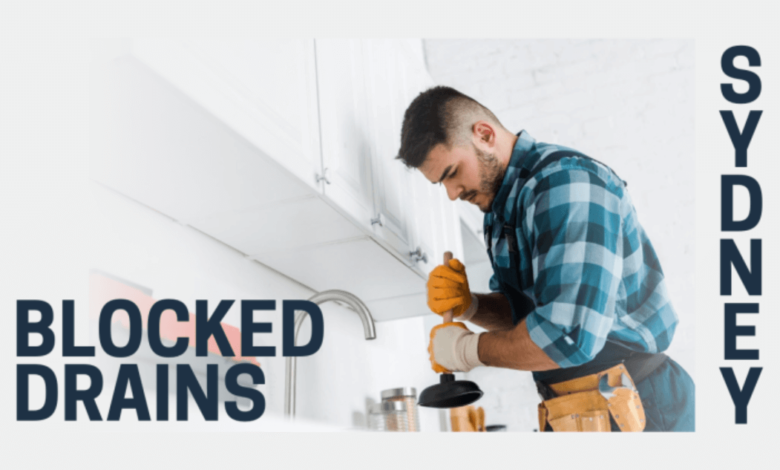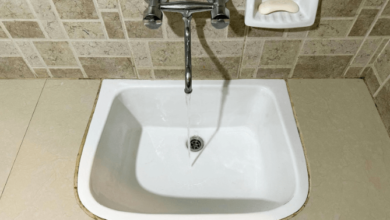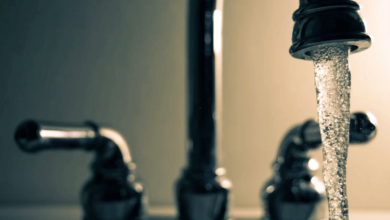Issues That Can arise from blocked drains in Sydney

Have you ever wondered what could happen if your drains become blocked? Most homeowners don’t think about it until it’s too late. Blocked drains may seem like a minor inconvenience initially, but they can lead to significant problems if left unresolved. These issues can quickly escalate into more severe plumbing concerns, whether a slow-draining sink or a full-blown clog.
Blocked drains in Sydney are common due to ageing infrastructure, tree roots, and debris buildup. If not addressed promptly, they can cause various issues affecting your home, health, and environment. Here’s a breakdown of the common problems that can arise from blocked drains and how to prevent them.
Health Hazards from Standing Water
Standing water is one of the most immediate dangers. It becomes a breeding ground for bacteria, mould, and other harmful microorganisms. These health hazards can cause respiratory issues, skin irritation, and even severe infections if left unchecked. Preventing these issues by dealing with blockages is essential for maintaining a healthy home environment.
Structural Damage to Your Home
A blocked outflow may seem minor but can lead to extensive structural damage over time. When water can’t properly drain, it can overflow into areas of your home where it shouldn’t be, resulting in water damage to walls, floors, and ceilings. In more severe cases, water can seep into your home’s foundation, causing cracks and weakening the Sydney structure. Repairs for such damages can be expensive, so it’s best to address blockages as soon as you notice them to avoid costly repairs.
Foul Odours That Linger
The smell is one of the first signs that your pipes may be blocked in Sydney. When debris, such as hair, grease, or food particles, accumulates in your pipes, they can start to decompose. This results in unpleasant odours that can waft through your home, making it an uncomfortable living environment. Early clearing blockages can prevent your home from becoming filled with these lingering odours.
Increased Water Pressure Leading to Pipe Bursts
When drains are blocked, water pressure builds up within the pipes as it struggles to flow freely. This increased pressure can cause pipes to weaken over time, leading to leaks or, in extreme cases, pipe bursts. A burst pipe is inconvenient and can cause severe flooding and damage your Sydney home. You can avoid these potential disasters by ensuring your plumbing system is free of obstructions.
Overflowing Drains and Flooding
One of the more visible problems caused by blocked drains is overflow in Sydney. When water can’t drain as it should, it can back up and overflow into your home or garden. It can lead to localised flooding, especially during heavy rainfall. Cleaning your gutters can significantly reduce the chances of flooding.
What to Do When You Notice a Blocked Drain
If you notice signs of a blocked drain, you might be tempted to try DIY methods, which often provide only temporary relief. Calling a professional plumber in Sydney for a more permanent and effective fix is always best. A plumber can adequately assess the situation and address the root cause of the blockage. In many cases, blockages can be deeper within your pipes or caused by external factors like tree roots, which require specialised tools and expertise. Hiring a plumber will resolve the problem quickly and efficiently, preventing costly damages.
Ignoring blocked drains in Sydney can lead to severe health hazards and costly structural damage. Addressing these problems ensures your home stays safe and comfortable. Keep your drains clear, and you’ll avoid the headaches and dangers of neglecting this crucial aspect of home maintenance. By calling a professional plumber at the first sign of trouble, you can tackle the issue early and prevent more serious complications from arising.




